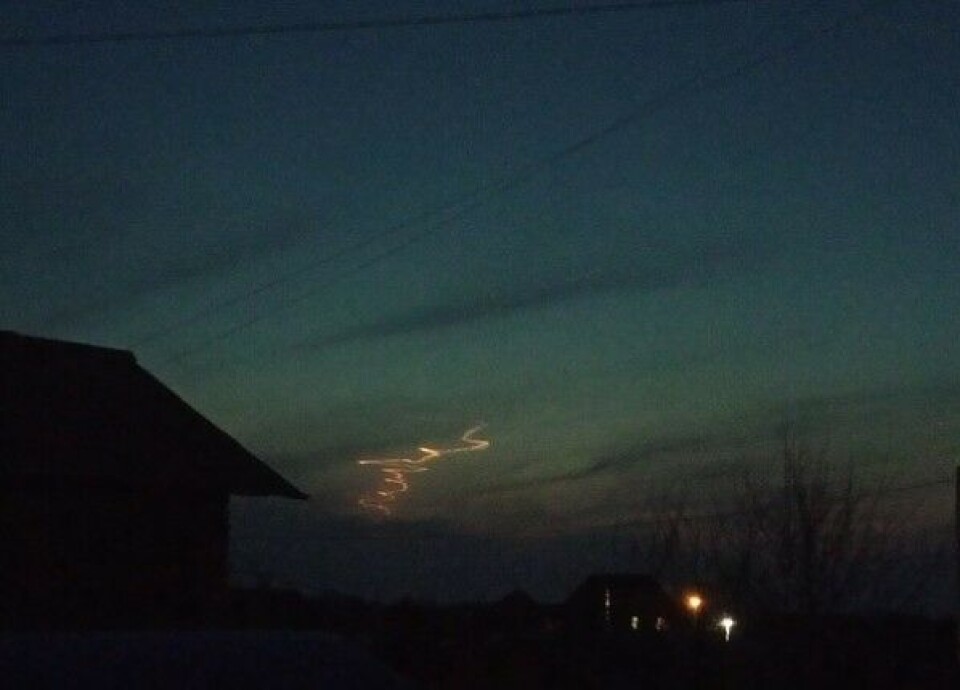
Russia hit own satellite with missile from Plesetsk
Crew members on the International Space Station had to board their lifeboats after the blasted satellite caused 1,500 pieces of debris were coming their way.
It was early Monday morning that a Nudol anti-satellite missile was launched from Plesetsk cosmodrome some 200 kilometers south of Arkhangelsk, northwest Russia. The cosmodrome is normally used for launches of military satellites placed in Arctic orbits.
Falling debris from rocket stages after a Plesetsk launch will mainly hit the vast uninhabited areas of taiga forest, tundra, and Arctic Oceans.
No official information about the anti-missile test has yet been posted by the Russian government, military divisions, or the space agency Roscosmos.
United States Space Command, however, says Russia’s test of a direct-ascent anti-satellite missile struck the Russian satellite Kosmos-1408 and created a debris field in low-Earth orbit. The Kosmos-1408 was an old Soviet military intelligence satellite launched in 1982 with a planned six months lifespan.
It is believed that the anti-satellite missile system tested from Plesetsk, called Nudol, will become part of a weapons program aimed to destroy enemy military satellites in case of conflict. The Nudol is developed from Russia’s anti-ballistic missile system designed to protect Moscow from incoming nuclear ballistic missiles.
A NOTAM (Notice to Airmen) was active in an area of the Laptev Sea, east of Severnaya Zemlya archipelago on Monday morning, indicating the fall-down area after the launch from Plesetsk.
According to the statement from the U.S. Space Command, blowing up the old satellite generated more than 1,500 pieces of trackable orbital debris and will likely generate hundreds of thousands of pieces of smaller orbital debris
Operations aboard the International Space Station (ISS) was Monday interrupted and the seven-person astronauts, including two Russians, had to take shelter in their emergency ferry capsules.
“Russia has demonstrated a deliberate disregard for the security, safety, stability, and long-term sustainability of the space domain for all nations,” said U.S. Army Gen. James Dickinson, U.S. Space Command commander. “The debris created by Russia’s DA-ASAT will continue to pose a threat to activities in outer space for years to come, putting satellites and space missions at risk, as well as forcing more collision avoidance maneuvers. Space activities underpin our way of life and this kind of behavior is simply irresponsible.”
Secretary of State, Antony Blinked early Tuesday morning condemned the anti-satellite missile test.
We condemn Russia’s reckless test of a direct-ascent anti-satellite missile against its own satellite, creating space debris that risks astronauts’ lives, the integrity of the International Space Station, and the interests of all nations.
Russia has also on several other occasions tested its Nudol anti-satellite missile weapon from Plesetsk, as previously reported by the Barents Observer.
U.S. Space Command commander Gen. James Dickinson said: “Russia’s tests of direct-ascent anti-satellite weapons clearly demonstrate that Russia continues to pursue counterspace weapon systems that undermine strategic stability and pose a threat to all nations.”

















